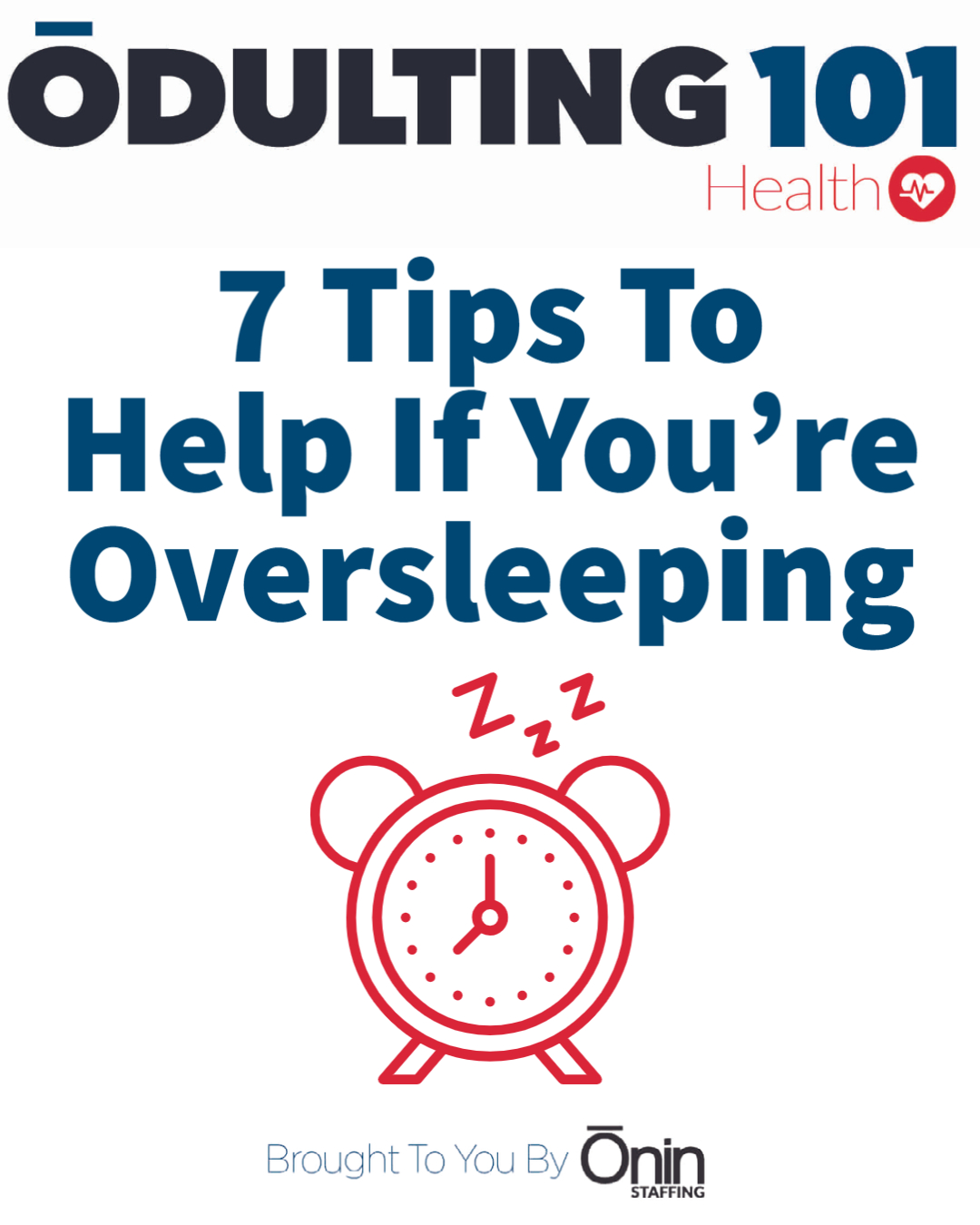Does your day start off feeling like you didn’t get enough sleep, even if you’ve overslept? If so, you’re not alone. Restless sleep is no joke. For many young adults, getting enough good, restful sleep can be a challenge. But the truth is, not getting enough quality sleep can have a huge impact on many aspects of our lives—from our physical health to mental alertness and even our financial stability. Here are tips to help you get a better night’s sleep and feel more refreshed in the morning.
- Stick To A Routine – Establishing and sticking to an evening routine will help your body know when it’s time for bed and better prepare it for falling asleep quickly when it is time for bed. This means making sure that you turn off screens (including TV and cell phones) at least an hour before bedtime, so that your body can wind down naturally without being stimulated by bright lights or notifications that could make it harder to fall asleep.
- Make Sure Your Bedroom Is Comfortable – Creating a comfortable environment in your bedroom is key to getting good quality sleep every night. Make sure that there are no lights or sound coming from outside your bedroom window or from electronics inside the room itself (including TVs, cell phones, laptops, etc.). Invest in comfortable sheets and blankets, as well as blackout curtains if necessary for complete darkness during the night. Also make sure that the temperature in your bedroom is comfortable; some people find cooler temperatures easier to fall asleep in than warmer temperatures.
- Avoid Eating Late At Night – When possible avoid eating late at night because this can cause indigestion which can interfere with the quality of your sleep. Eating close to bedtime also causes blood sugar levels to rise too quickly which can lead to restless nights and fatigue during the day due to lack of deep REM sleep cycles being interrupted by frequent wake-ups throughout the night due to spikes in blood sugar levels.
- Cut Out Caffeine After 2 PM – A cup of coffee in the morning is great for jump-starting your day, but try not to drink anything with caffeine after 2PM. Caffeine takes about 8 hours to work its way out of your system, so that afternoon cup of coffee will still be affecting you when it’s time to go to bed. Avoiding caffeine in the afternoon and evening will help reduce anxiety and allow your body to relax for bedtime.
- Exercise Regularly – Exercise helps promote better quality sleep by releasing endorphins into your system which helps reduce stress levels and helps relax tense muscles so they don’t keep you awake at night trying to relax them while lying still in bed trying to fall asleep all night long! Regular exercise also helps regulate hormones related directly with sleep such as melatonin which regulates circadian rhythms making sure that you do indeed have deeper more restful sleep cycles throughout each 24 hour period instead of just taking catnaps throughout the day followed by long nights filled with tossing & turning & waking up feeling completely exhausted & needing another nap shortly after each one!
- Relaxing Before Bedtime – Taking some time each evening before going to bed for some relaxation activities will help ensure that you go into bed relaxed rather than stressed or anxious about tasks or problems from earlier in the day which could interfere with falling asleep easily once it’s actually time for bed! Some great ways of relaxing include reading a book, listening to music, doing yoga, meditating, stretching ,writing out thoughts & feelings or anything else calming & soothing that works for you! Making relaxation part of your nightly routine will not only help improve quality of life but also improve overall health by allowing yourself ample time each evening to unwind naturally instead of forcing yourself into an exhausted state then expecting perfect results while attempting restful nights of 8 hours!
- Talk To Someone About It – Sometimes talking through our worries can be just as helpful as sleeping through them! Oversleeping and still feeling unrested can be a sign of depression.I might be worth talking to someone close about how you’re feeling – whether this is a friend or family member or even a professional therapist – so that they can help support you through whatever is causing your restless nights (and days!).
When it comes down to it, getting good quality restful nights’ sleeps makes all other aspects of life run smoother & more efficiently – from physical health benefits such as increased energy levels & improved concentration/focus during daily activities – right down through emotional/mental benefits such as improved moods & enhanced creativity/problem solving skills! So don’t underestimate how important good quality restful sleeps are – give these 5 tips above a try tonight & start feeling more refreshed tomorrow morning !


Recent Comments